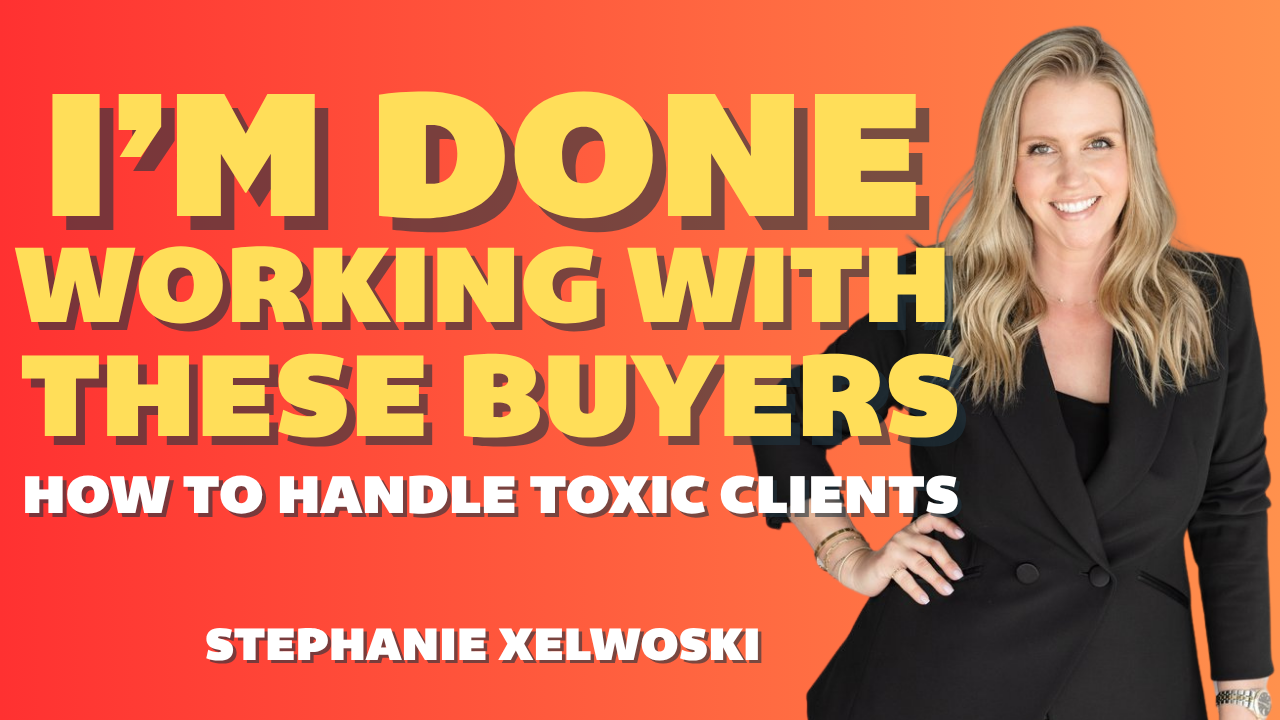When done well, with sincerity and a commitment to do better, owning up to messing up can endear you to consumers.
The Federal Trade Commission’s “truth in advertising” law stipulates that advertisements must be “truthful, not misleading, and, when appropriate, backed by scientific evidence.” This is all well and good, but did marketers really need to be told that honesty is the best policy? Well, maybe at one time, but no more!
When you’re honest about the quality of your services, customers come to you with realistic expectations. This “eyes wide open” approach can save businesses a lot of headaches, including fewer disgruntled customers, poor reviews, and even lawsuits. It can also promote consumer trust and loyalty.
Beyond ensuring the accuracy of advertisements and adherence to the law, being honest in and of itself can be the basis of a highly effective marketing campaign—especially when you know you’ve screwed up. Why? Because people appreciate authenticity, and it can be heartening for customers to see you acknowledge your mistakes, decisions that didn’t go quite as planned, or missed opportunities that hurt like a punch to the gut. Screwing up doesn’t feel good, but it highlights the human aspect of your business and that you aren’t too proud to step up and take responsibility. When done well, with sincerity and a commitment to do better, owning up to messing up can endear you to consumers.
Domino’s
Take the pizza chain Domino’s, for instance. Instead of skirting around the fact that, back in 2009, its pizza wasn’t made with the highest quality of ingredients, it used commercial ads as an opportunity to say: yeah, our pizza is pretty bad, but at least we know it’s bad, and we’re working on it. With no small effort, the company turned itself around. Sales immediately improved, rising by 16.5% almost immediately. Shares that had been worth less than $10 each, rose to $20, then tripled, and tripled again.
The Domino miracle comeback has since become a lesson to marketers everywhere on how to successfully execute the “honesty is the best policy” mantra. Customers appreciate the truth, above all else. Flash can get them in the door, but it won’t keep them coming back.
American Eagle
Another example of solid, honest marketing comes by the way of retail giant American Eagle’s Aerie brand, whose message of “body acceptance” has delivered success in more ways than one. After admitting to previously retouching and enhancing photos of its models—like nearly every company in the world—Aerie vowed to “keep it real” with unedited photos on its print and digital ads, television commercials, and other marketing pieces.
And when customers pointed out that the models in these unedited photos remained as thin as before and probably didn’t need the retouching in the first place, Aerie admittedly agreed that it needed more diversity in its campaigns and started to include models with a variety of body types, races, ages, and ethnicities. Especially in an industry that can feel inundated with unrealistic marketing, Aerie recognized an opportunity to make good through honesty, and has proved that sometimes, what’s real can sell better than what’s not.
The takeaway
If honest marketing campaigns can teach us anything, it’s that while telling the truth may be hard to do, it can also be an exceptionally profitable approach to business. You don’t have to bash your own product or call yourself a failure, but owning up to mistakes is a great way to show your customers that you aren’t perfect, and at the end of the day, that’s as relatable as it gets.




















